
- Article
- Article
Tripping for spiritualism and science
Getting high in the name of religion or creativity has been practised for centuries. Now it seems hallucinogenics could help treat mental illnesses too.

- Long read
- Long read
Rehab centres and the ‘cure’ for addiction
Guy Stagg takes us on a brief history of rehab centres and their approaches to addiction and recovery.

- Book extract
- Book extract
The 200-year search for normal people
Sarah Chaney poses the question we’ve likely all asked at some point in our lives: 'Am I normal?’, and explores whether normality even exists.
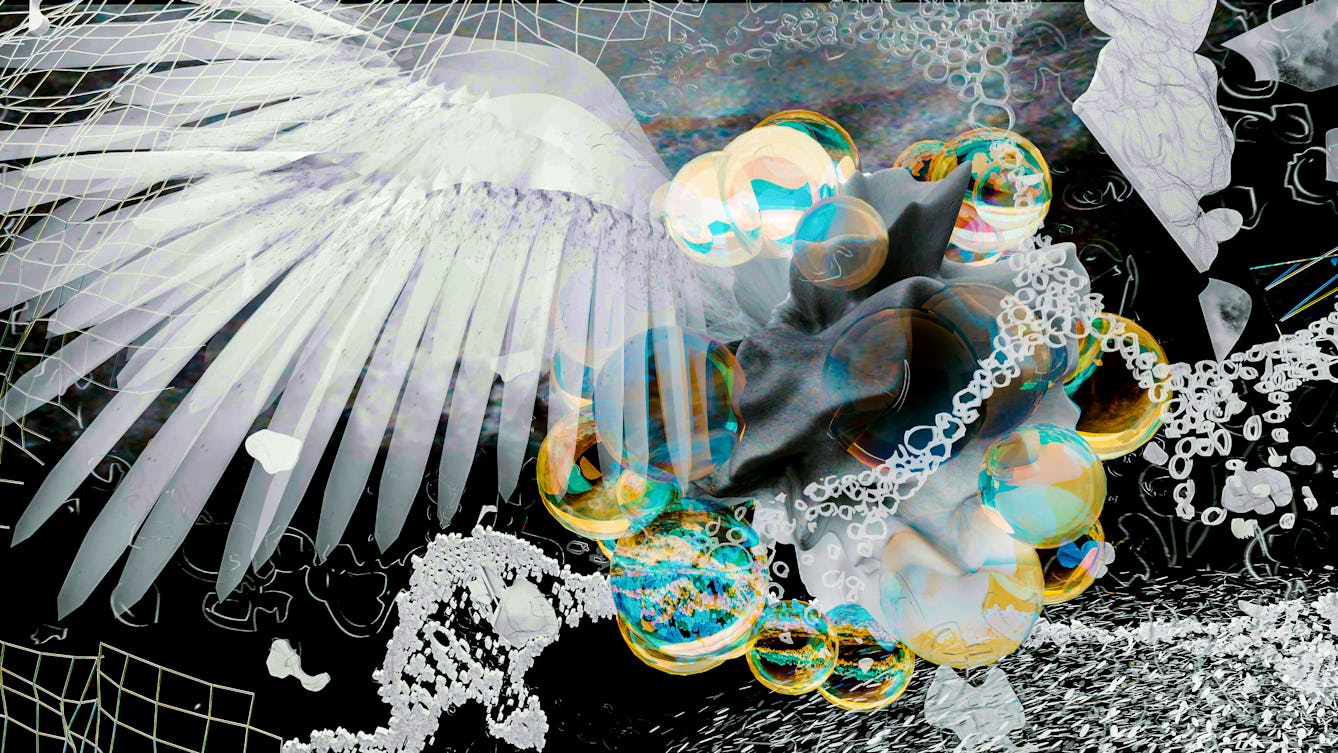
- Article
- Article
Air of threat
Novelist Chloe Aridjis vividly describes the suffocating atmosphere of Mexico City, as a combination of topography, crowded neighbourhoods, and reckless political diktats create a downward spiral.

- Article
- Article
Why gene editing can never eliminate disability
In a world where DNA testing and gene editing offer ways to eliminate certain disabilities, Jaipreet Virdi explores a more accepting and inclusive approach.
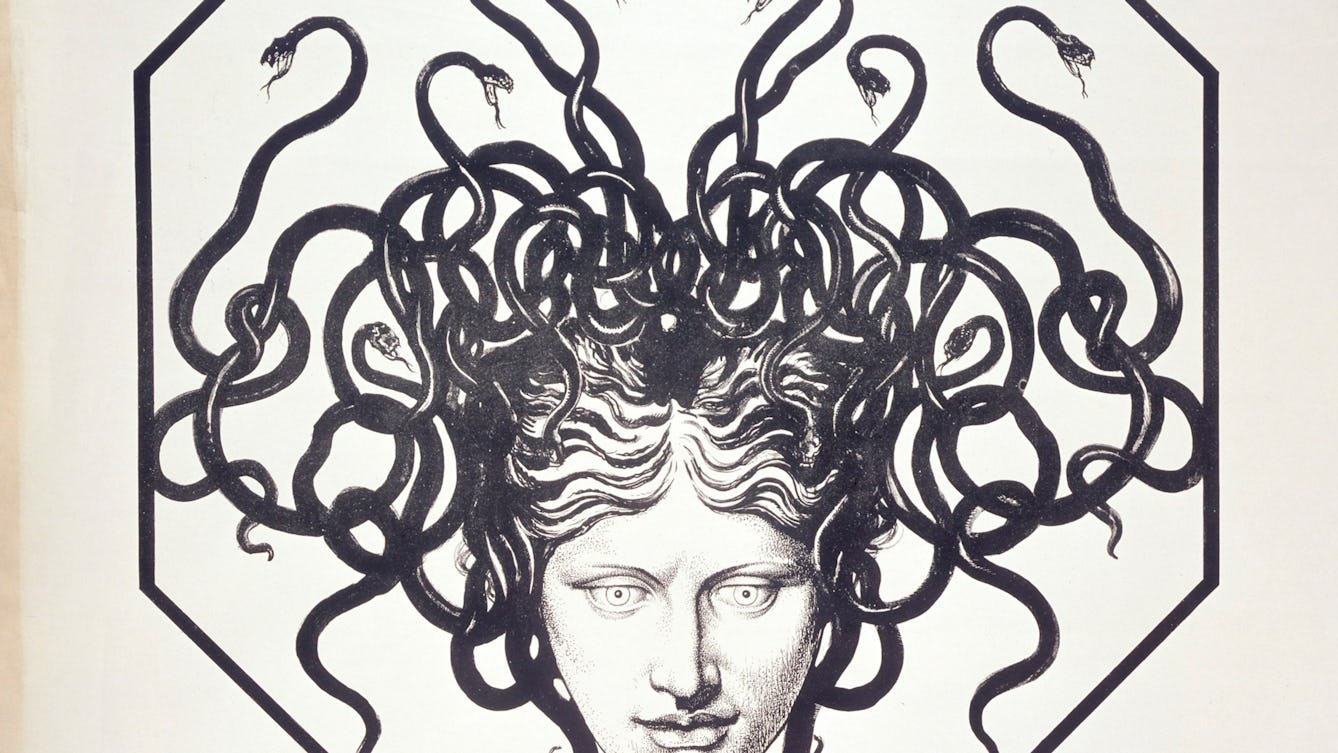
- Article
- Article
Tragic artists and their all-consuming passions
Does having a debilitating disease help or hinder creative genius?
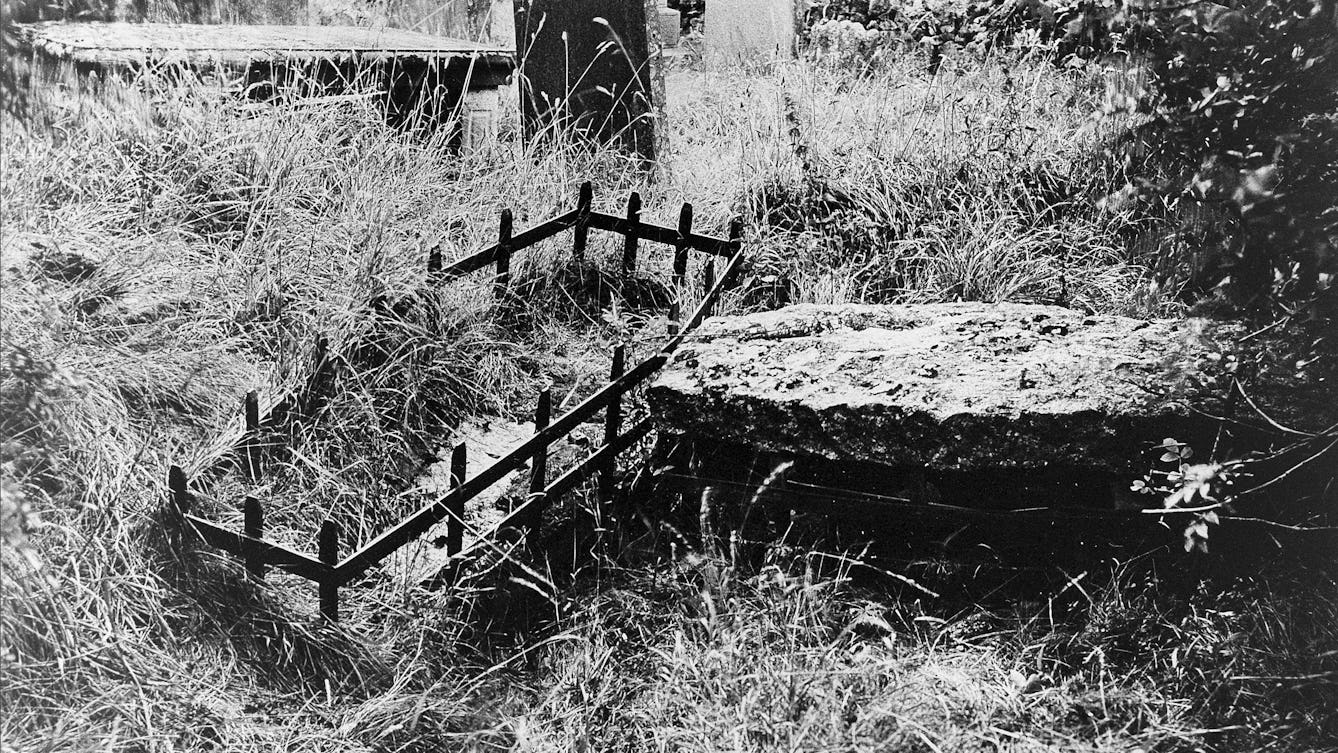
- Article
- Article
Beating the bodysnatchers
When a rise in grave robbing called for strong measures, mortsafes became the unassailable solution. Allison C. Meier explores.

- Book extract
- Book extract
Tracing the roots of our fears and fixations
Kate Summerscale explores the history of our anxieties and compulsions, and the new phobias and manias that are always emerging.
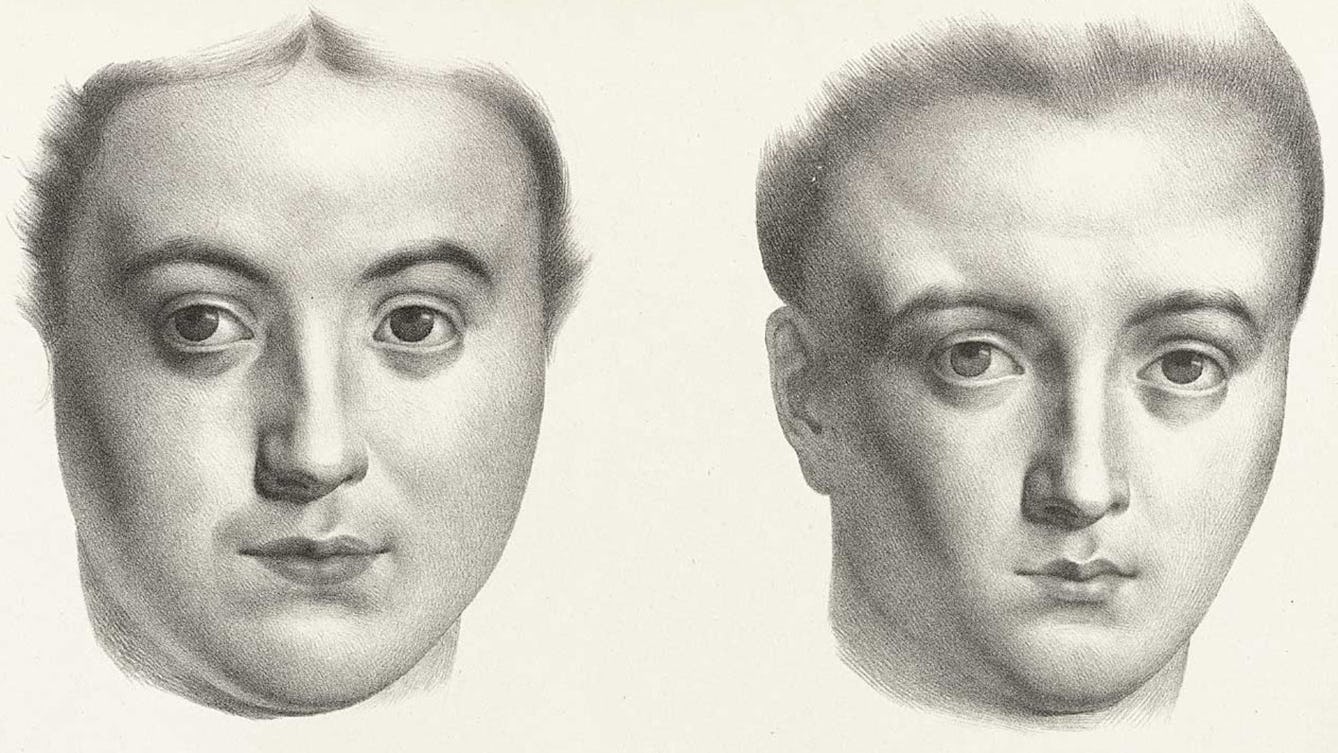
- Article
- Article
Exceptional talent and the trouble with IQ tests
Is a high IQ really a mark of genius, or does something else explain the exceptional?

- Article
- Article
The quest to breed gifted children
If you had the chance, would you choose a genius baby?

- Long read
- Long read
Healthy scepticism
Healthcare sceptics – like those opposed to Covid-19 vaccinations – often have serious, nuanced reasons for doubting medical authorities.

- Article
- Article
Vivekananda’s journey
How a young Indian monk’s travels around the world inspired modern yoga.

- Article
- Article
The big freeze
In recent years we’ve come to realise that global heating is our biggest threat. But it’s hard to shake off the fear of a return to ice-age conditions, the predominant narrative since the late 17th century.

- Article
- Article
The meanings of hurt
In the early modern period, gruesome incidents of self-castration and other types of self-injury garnished the literature of the time. Alanna Skuse explores the messages these wounds conveyed.

- Article
- Article
The unearthly children of science fiction’s Cold War
In the 1950s a new figure emerged in British novels, film and television: a disturbing young alien that revealed postwar society’s fear of the unruly power of teenagers.

- Article
- Article
Why the 1918 Spanish flu defied both memory and imagination
The Black Death, AIDS and Ebola outbreaks are part of our collective cultural memory, but the Spanish flu outbreak has not been.
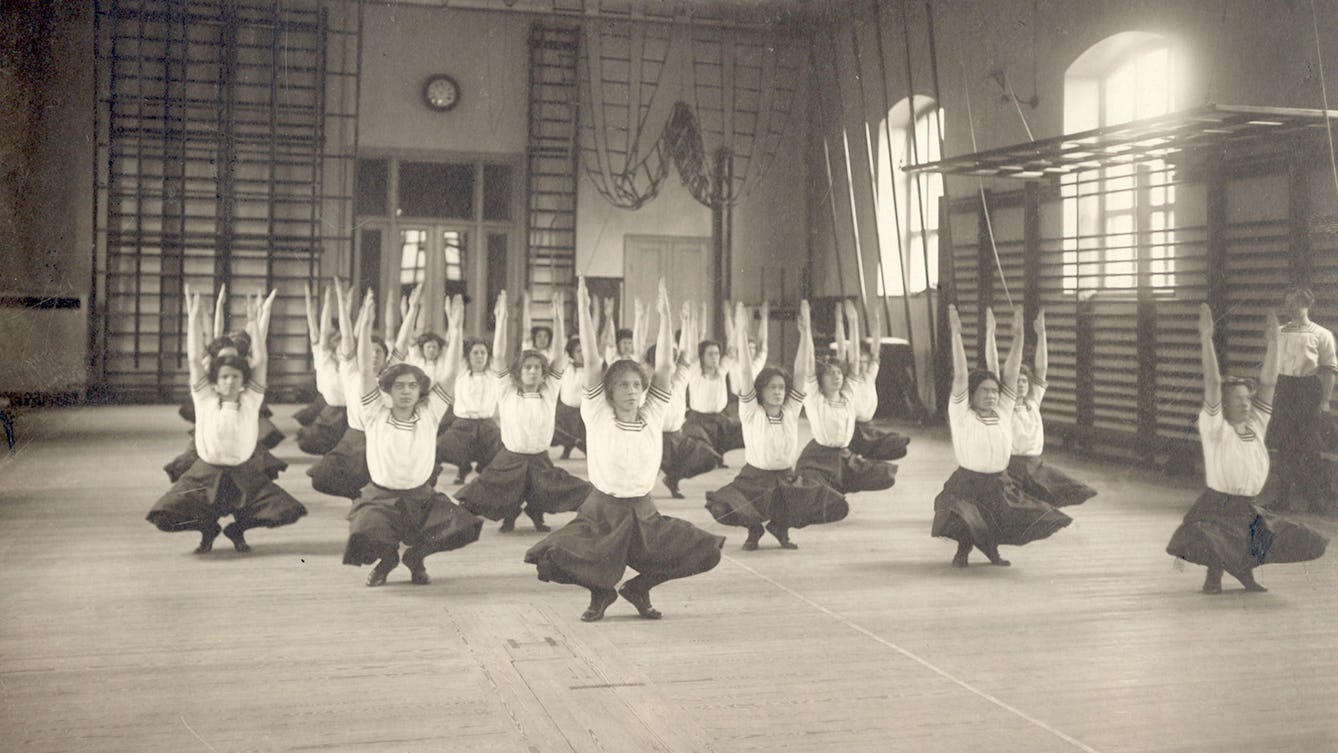
- Article
- Article
Yoga gets physical
Modern yoga owes a debt to the physical culture movement that created a world obsessed with health and fitness.

- Article
- Article
A symbol of a lost homeland
The story of one protective amulet from Palestine reveals a complex tale. Encompassing the personal history of an influential doctor and collector, it provides a window onto dispossession and exile, and the painful repercussions that are still felt today.